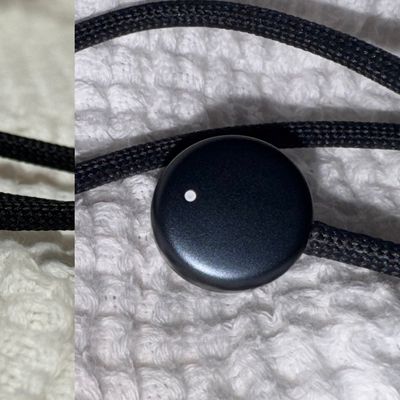The calendar has turned to December and that means Apple has only one month left to fulfill its promises of releasing an Apple Music Classical app and expanding its self-service repair program to Europe before the end of 2022. Delays are always possible, of course, so the plans could be pushed back to 2023. In any case, we have put together a list of five things that Apple still has to release over the next several months.
iOS 16.2
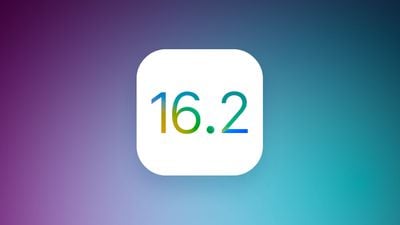
iOS 16.2 is currently in beta and is expected to be released in mid-December. The software update includes several new features for the iPhone, including Apple's whiteboard app Freeform, new always-on display settings for iPhone 14 Pro models, new Home app architecture, Live Activities for select sports games via the Apple TV app, new Sleep and Medications widgets for the Lock Screen, 5G support in India, and more.
Apple also plans to release iPadOS 16.2, macOS 13.1, watchOS 9.2, and tvOS 16.2 this month. iPadOS 16.2 reenables external display support for Stage Manager on iPads with M1 or M2 chips. On the Apple TV, tvOS 16.2 introduces multi-user Siri voice recognition for personalized usage, with support for up to six family members.
Apple Pay Later
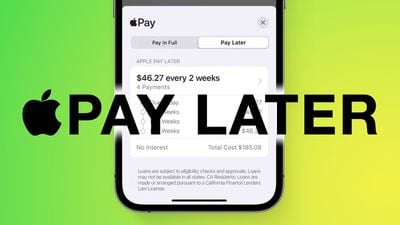
Announced at WWDC 2022 in June, Apple Pay Later is a financing feature that will let qualifying customers in the U.S. split a purchase into four equal payments over six weeks, with no interest or fees to pay. The feature will be built into the Wallet app and will be available for purchases online and in apps on the iPhone and iPad.
On the iOS 16 features page, Apple says Apple Pay Later is coming in a future software update for qualifying applicants in the U.S. and may not be available in all states. There has been no sign of Apple Pay Later in the iOS 16.2 betas so far and Bloomberg's Mark Gurman has suggested that the feature might not launch until 2023.
Apple Music Classical
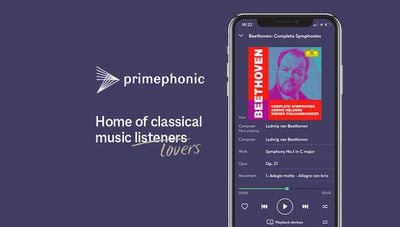
In August 2021, Apple announced the acquisition of classical music service Primephonic. At the time, Apple said it planned to launch a dedicated classical music app in 2022 that combined Primephonic's user interface with additional features.
While there is still no sign of the Apple Music Classical app, evidence of the app was spotted in both iOS 15.5 code and in an XML file on Apple's servers earlier this year. Few other details are known about the app, including whether it will be a built-in app or released on the App Store as a standalone download given its niche purpose.
Even if Apple Music Classical is not a preinstalled app, it appears that the app will have system-level integration, so its release will likely come alongside a software update such as iOS 16.2 later this year if Apple meets its 2022 deadline. However, time is starting to run out, so it is possible that Apple Music Classical is delayed.
Apple Card Savings Account
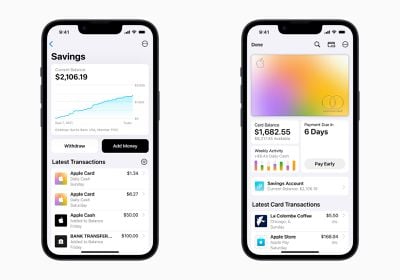
In October, Apple announced that Apple Card users would soon be able to open a new high-yield savings account from Goldman Sachs and have their Daily Cash cashback rewards automatically deposited into it, with no fees, no minimum deposits, and no minimum balance requirements. The account would be managed through the Wallet app on the iPhone.
The savings account was listed in the release notes for the iOS 16.1 Release Candidate, but it did not end up launching with that update. The savings account has not been present in any iOS 16.2 betas, so it's unclear when it will launch.
Once the account is set up, all Daily Cash received from that point on would be automatically deposited into it and start earning interest, unless a user opts to continue having Daily Cash added to their Apple Cash balance. Apple Card provides 2-3% Daily Cash on purchases made with Apple Pay and 1% on purchases made with the physical card.
Launched in 2019, Apple's credit card remains exclusive to the United States.
Self-Service Repair Program Expansion
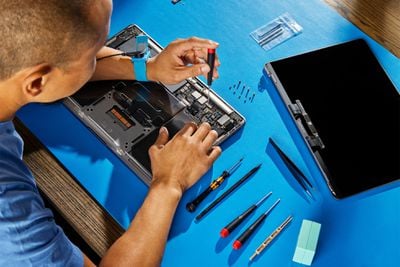
In August, Apple indicated that its self-service repair program would be expanded to additional countries in Europe and to additional Mac models with Apple silicon chips before the end of the year, so Apple has just one month left to fulfill that promise.
The program first launched in April, providing customers in the U.S. with access to genuine Apple parts, tools, and manuals to complete do-it-yourself repairs of iPhone 12, iPhone 13, and third-generation iPhone SE models. The program was expanded in August to include MacBook Air and MacBook Pro models with the M1 series of chips.










